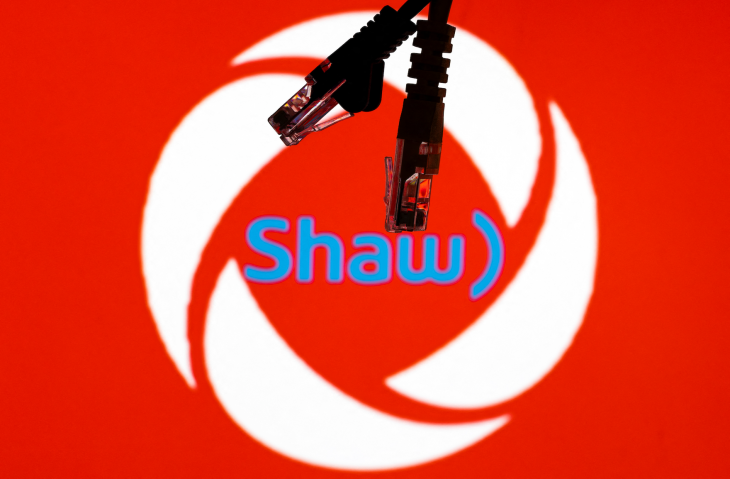
By Ahmad Hathout
OTTAWA – Rogers Communications said in arguments filed to the Federal Court of Appeal today that its acquisition of Shaw Communications is a non-starter if it doesn’t sell Freedom, hitting back at the Competition Bureau’s central claim on appeal that the Competition Tribunal should have looked at the two deals separately in its analysis when it denied the watchdog’s petition to block the merger.
In its appeal to the appeal court, which will be heard January 24, the bureau argued that the tribunal had incorrectly combined analysis for both the Rogers-Shaw deal with the sale of Freedom to Videotron. The competition watchdog said the tribunal should have first analyzed the main Rogers-Shaw deal for its competitive implications, after which it could move on to the divestiture, which it said would have placed the burden on Rogers and Shaw to show that the side deal alleviated concerns.
But in its arguments filed to the court today, Rogers said the divestiture is a required component of the main deal, making the entire deal structure one big transaction.
“The Commissioner argues his burden should be limited to proving that the original transaction, where Rogers acquires all of Shaw including Freedom, would give rise to a substantial lessening of competition, notwithstanding no one is proposing that transaction and it would be both illegal and impossible, given the Minister’s decision to refuse the transfer of Freedom’s spectrum to Rogers,” Rogers said in its submission today. “The Tribunal described this construct as ‘divorced from reality.’”
Rogers argues that the tribunal’s view that the proposed merger includes the Freedom sale to Videotron does not raise – as the bureau argues – a legal question and is not subject to review.
“The Videotron/Freedom Agreement restructures the original transaction,” Rogers said. “First, Shaw will sell Freedom—including its spectrum licences, network assets, and subscribers—to Videotron. Then, and only then, Rogers will acquire the remainder of Shaw’s business, including its wireline network/subscribers and broadcasting services. These two stages comprise the “proposed merger” at issue.”
Rogers spent a chunk of its argument saying the bureau had known since March 2022 – when Innovation Minister Francois-Philippe Champagne said he would not allow Freedom to fall in Rogers’s hands – that a divestiture of Shaw’s mobile wireless brand was coming.
The company was addressing the bureau’s allegation that the announced sale of Freedom to Videotron for $2.85 billion was a “tactical merger” that is “nothing more than trial balloons,” adding the “conditions for the merging parties are far more favourable in a context where the Commissioner has not investigated or called for information and is left with a discovery process that is defined by the application.”
The bureau knew Rogers was seeking suitors for Freedom after the minister’s announcement, rejecting the deal even before it held meetings with Videotron about its interest in buying the wireless company, Rogers argued.
“The suggestion that merging parties would engage in sham transactions is fanciful,” Rogers argued, adding such deals are complex and involve significant costs if they fall through.
Ultimately, the bureau did not think the sale would alleviate competition concerns and sued to block the deal, even after the Montreal-based company agreed to conditions including lower prices and long-term investment in the business, Rogers said.
Rogers also attacked the bureau’s argument that the tribunal erred in accepting “behavioural commitments” from the merging parties, such as long-term access for Videotron to Rogers’s infrastructure at below market rates, without the bureau accepting those.
Rogers said the requirement to get the bureau’s acceptance on those commitments are for competitive remedies. Because the sale of Videotron is part of the main transaction and the tribunal found no lessening of competition from the deal, Rogers said the “remedial jurisdiction” was not triggered.
“The Commissioner cannot satisfy this high bar,” Rogers said in conclusion, alluding to a retrial. “The decision below rests on unchallenged findings of fact regarding the pro-competitive effects that the Transaction will likely bring to consumers and to the economy. The record does not permit any result other than the dismissal of the Commissioner’s application, regardless of the methodology or legal framework through which the Tribunal analyzed it.”
Photo via Centre for International Governance Innovation.



